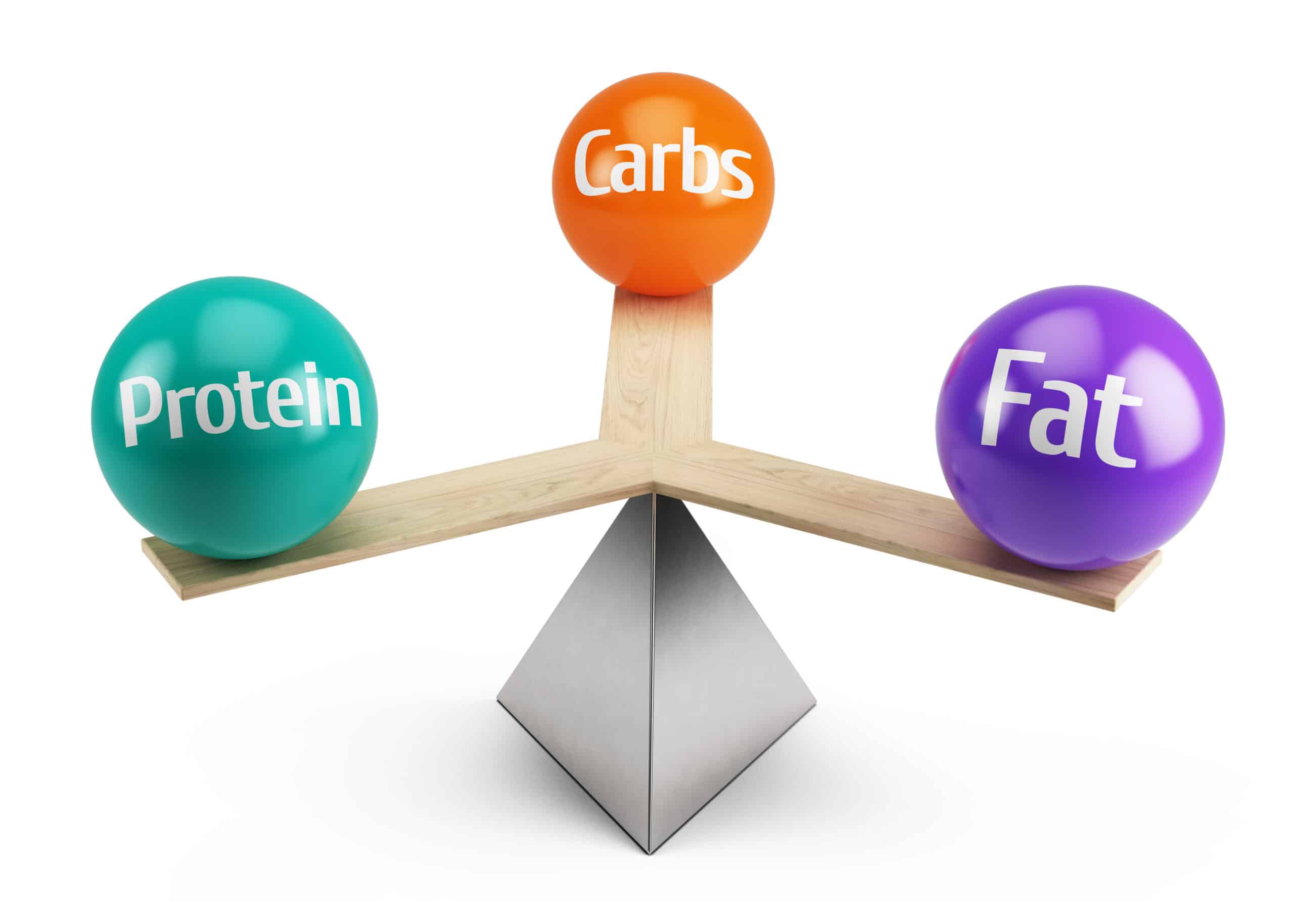STUDY 1. PREVENT DAMNBETES WITH PLANTS
In this corner is perennial favorite Neal Barnard, MD and team, premier researchers who happen to eat plants. Yes, they have a conflict, they actually believe a whole food plant diet is healthy and they choose to eat only plants. If that is a bias, then all who eat animal foods must stop doing scientific studies too. Agreed?
WHAT WAS STUDIED?
A 16-week randomized clinical trial was performed in overweight adults without diabetes asked to eat a low-fat, plant-based diet or to make no changes in their diet. The test diet was 75% of calories from complex carbohydrate foods, 15% protein calories, and 10% fat calories with vegetables, grains, legumes and fruits. Vitamin B12 was supplemented. Dietary intake data was done before and after the trial. The measures studied were pancreatic function and insulin resistance, measures that become abnormal before full-blown type 2 diabetes is diagnosed. Body composition by DEXA scan, insulin secretion, C-peptide levels, and lipids were measured with beta-cell function (the cells in the pancreas that manufacture and secrete insulin), measured by a mathematical model. SERIOUS SCIENCE. WITH A CONTROL GROUP.
RESULTS: There were 38 experimental and 37 control patients and they were similar at the start. The study subjects followed protocol and ate more complex carbohydrates and less protein and total and saturated fats. And what happened?
In terms of labs, in the study group total cholesterol, fasting plasma glucose, insulin levels, and C-peptide fell (a sign that less insulin needed to be produced on a plant diet). HDL cholesterol also fell but until measures of “HDL function” are routinely available, this is of unknown significance. Beta-cells demonstrated improved function and sensitivity, the primary outcome of the study, in the plant-eaters. Insulin resistance fell significantly in the study group. Also, a decrease in BMI and VISCERAL FAT was identified in the study group.
SIGNIFICANCE: This elegantly designed and executed randomized trial, using the most advanced measures of pancreatic beta-cell function, demonstrated that insulin sensitivity and pancreatic beta-cell function can improve with a low-fat, plant diet. This study provides a model for the prevention and reversal of type 2 diabetes and stands in contrast to a widely reported evaluation of a very different diet (ketogenic) that lacked a control group, (did they notice that?) and also lacked sophisticated measures of pancreatic function. Beans over beef is the path.
STUDY 2. THE EARTH LOVES PLANT DIETS, PARTICULARLY ORGANIC
The next contender in the ring is a study from England and France evaluating the environmental impacts of a plant diet.
WHAT WAS STUDIED?
Food intake was obtained in over 34,000 French adults using food frequency questionnaires that included additional information on organic food choices. A score was utilized to judge the “pro-vegetarian” nature of the diets by calculating plant versus animal foods. Three environmental indicators were assessed including greenhouse gas (GHG) emissions, energy demand (ED), and land use.
RESULTS: A higher pro-vegetarian score of the diets of these subjects was associated with lower environmental impacts judged by GHG, ED, and land use. Organic food consumption was also an important factor in the relationship with the combination of organic and plant-based diets have the most linear relationship to optimal environmental impact
SIGNIFICANCE: Plant-based diets, judged by a pro-vegetarian score in a large cohort of subjects, had the most favorable impact on important measures for the planet. When combined with organic choices, the impact was even more favorable. Both the choice of food and the manner in which it is produced matters in your personal choices.
IS THERE ONE OPTIMAL DIET FOR ALL HUMANS? WHETHER VEGAN, MEDITERRANEAN, PALEOLITHIC, DASH, OR KETOGENIC, THE COMMON DENOMINATOR IS AS MANY WHOLE FOOD PLANT SOURCES AS POSSIBLE. THE BEST CHOICE FOR THE PANCREAS AND THE PLANET THIS WEEK APPEARS TO BE PLANT DIETS WITH PROPER SUPPLEMENTATION, ORGANIC IF POSSIBLE, AND ALWAYS COUPLED WITH ACTIVITY, SLEEP AND LOVE.




